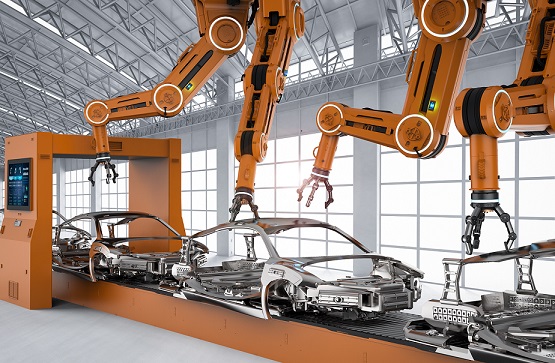
|
With rapid development of automobile electrification in recent years, automotive components and parts are being rapidly updated and iterated, especially core components and parts in connection with battery and battery management system. In general, automotive OEMs tend to subcontract part of such R&D to parts suppliers equipped with relevant knowhow, which has been a common R&D model. In the course of R&D, the suppliers would generally bear high R&D costs and other upfront investments, which would be amortized in purchase orders of parts formally placed by automotive OEMs after mass production.
Under the above cooperation model, automotive OEMs are in a strong business position. If a pro-ject contract specifies no agreement on amount and payment of R&D, the suppliers might face high legal risks. Especially in the era when an increasing number of companies enter into NEV industry, many of such companies are incapable of affording tens of billions of investments in manufacturing vehicles, making it impossible to complete manufacture or mass production of ve-hicles or causing suspension of certain project. The following is an analysis of how such suppliers should claim R&D and other upfront costs against automotive OEMs in case of early termination of automotive parts R&D projects. |